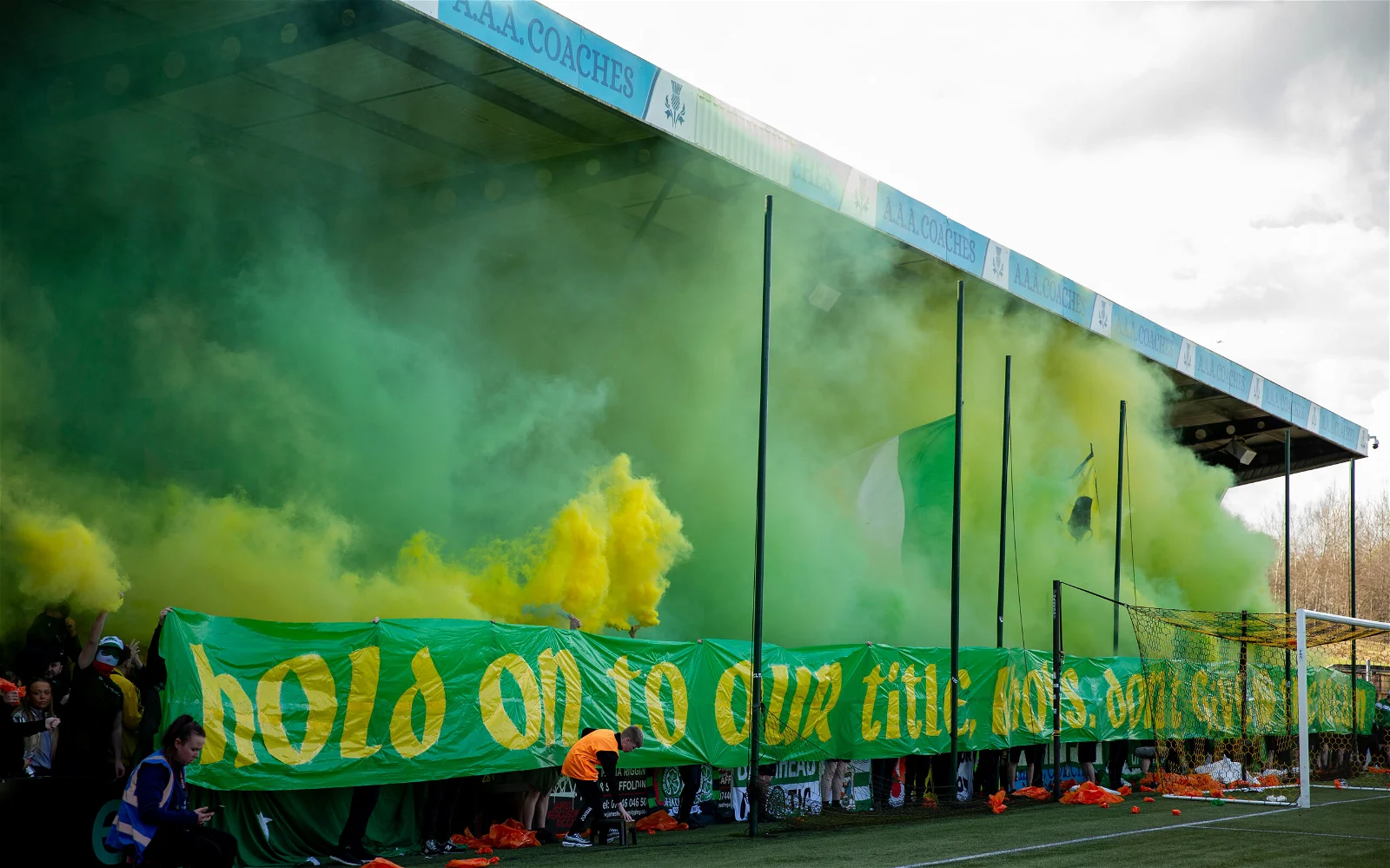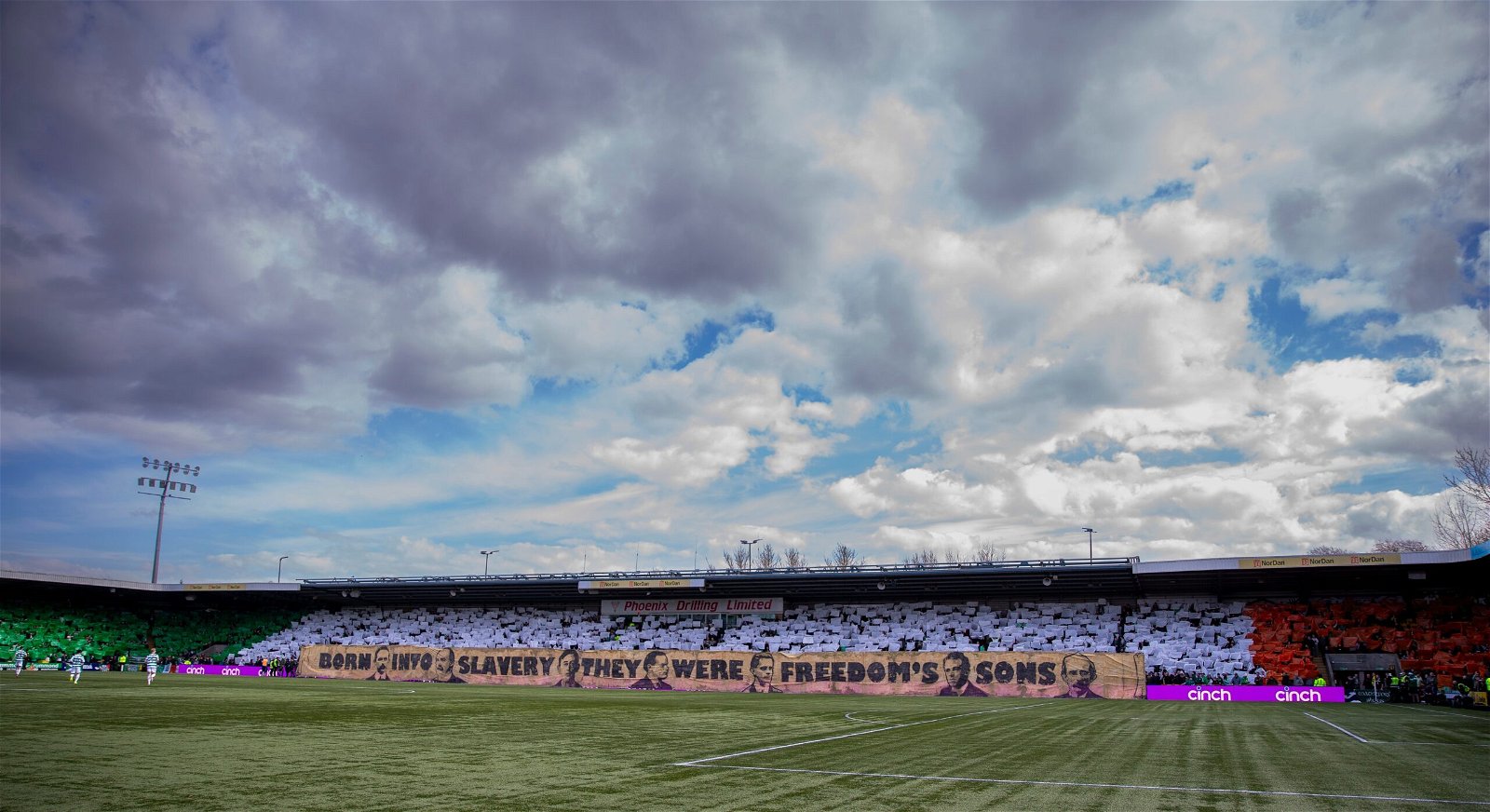During the weekend’s match where Celtic triumphed over Livingston with a 3-0 win, securing their position ahead of the much-anticipated Glasgow derby, BBC pundit Tom English brought attention to a concerning aspect of the game. While Celtic’s performance showcased their dominance in the title race, English pointed out a fraction of the Celtic supporters who chose to sing pro-IRA songs during the celebrations of Celtic’s opening goal against Livingston.
English expressed disappointment over this behavior, acknowledging the ongoing controversy surrounding such chants not only within Celtic but across football in general. He emphasized the need to prioritize peace and urged fans to reflect on their actions, highlighting the sentiments shared by many, including former IRA members. English’s commentary aimed to prompt a broader discussion on the appropriateness of certain fan behaviors amidst the excitement of a football match.
“I know that this is a very small percentage of the overall Celtic support, but that percentage multiplies away from home. Score a goal and celebrate by singing about a war in a place where nearly everybody wants peace, including so many former IRA people”
Exploring why Celtic fans might sing IRA songs is like stepping into a complex blend of history, politics, and identity. It all ties back to a strong sense of kinship with the Irish nationalist movement, a sentiment deeply rooted in Celtic’s origins. When Brother Walfrid founded the club back in 1887, it wasn’t just about football; it was about creating a symbol of Irish Catholic heritage in Scotland.
For a lot of supporters, Celtic is much more than a team—it’s a reflection of their community’s endurance and dreams. Singing these songs is a way for them to embrace and honour their rich Irish identity and remember the fight for independence.
It connects fans to a cause deeply woven into their ancestry. In this context, football matches become more than just games; they’re platforms for showcasing strong communal bonds and historical narratives.
Yet, this tradition is not without its controversies, especially given the painful history of The Troubles and its lasting effects on victims and their communities. While some see the importance of keeping cultural memory and identity alive, the potential of these songs to stir up old conflicts or fuel division is undeniable. Hence, understanding the practice of singing IRA songs at Celtic games is about finding a careful equilibrium—respecting the right to express one’s heritage while also considering the wider consequences for peace and unity in a historically tense region.
Whether these songs should have a place on the terraces nowadays is very much up for debate.
The day started with the Green Brigade and Celtic Ultra’s displaying a stadium wide tifo celebrating the Easter Rising.
GET MORE NEWS HERE

